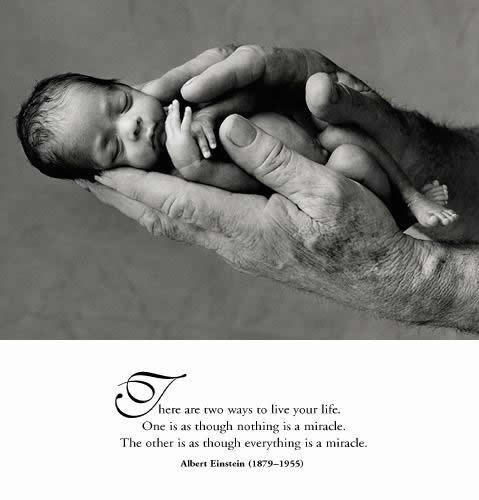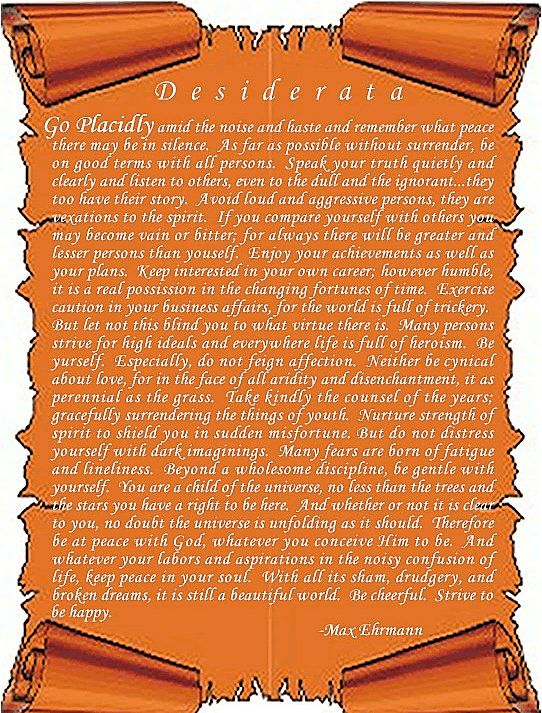| |
THE
TRUTH IS JUST THE OPPOSITE....
What
you get for your $160,140 is:
Naming rights. First, middle and last.
Glimpses of God every day.
Giggles under the covers every night.
More love than your heart can hold.
Butterfly kisses and Velcro hugs.
Endless wonder over rocks, ants, clouds, and warm cookies.
A hand to hold usually covered with jam.
A partner for blowing bubbles, flying kites, building sand castles, and skipping
down the sidewalk in the pouring rain.
Someone to laugh yourself silly with no matter what the boss said or how your
stocks performed that day.
For $160,140, you never have to grow up.
You get to finger-paint, carve pumpkins, play hide-and-seek, catch lightning
bugs and never stop believing in Santa Claus.
You have an excuse to keep reading the adventures of Piglet and Pooh, watching
Saturday morning cartoons, going to Disney movies and wishing on stars.
You get to frame rainbows, hearts and flowers under refrigerator magnets and
collect spray-painted noodle wreaths for Christmas, hand prints set in clay
for Mother's Day, and cards with backward letters for Father's Day.
For $160,140, there's no greater bang for your buck.
You get to be a hero just for retrieving a Frisbee off the garage roof, taking
the training wheels off the bike, filling the wading pool, coaxing a wad of
gum out of bangs, and coaching a baseball team that never wins but always gets
treated to ice cream regardless.
You get a front-row seat to history to witness the first step, first word,
first bra, first date, first time behind the wheel.
You get to be immortal.
You get another branch added to your family tree, and if you're lucky, a long
list of limbs in your obituary called grandchildren.
You get an education in psychology, nursing, criminal justice, communications
and human sexuality no college can match.
In the eyes of a child, you rank right up
there with God. You have the power to heal a boo-boo, scare away monsters
under the bed, patch a broken heart, police a slumber party, ground
them forever and love them without limits,
so one day they will, like
you, love without counting the cost.
|
|







